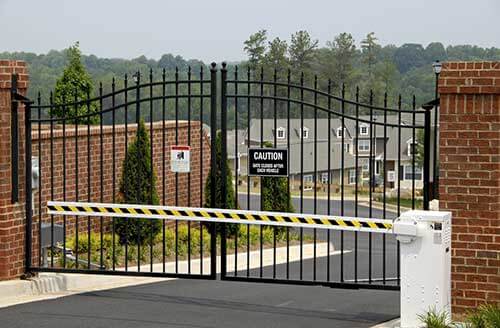
Every business owner has thought about installing a surveillance system to protect their company’s assets from theft. If you are in the retail business, you likely already have a system to monitor customers. However, when there are employees involved, there are certain things you can and cannot do.
What is allowed by an employer?
In general, if video surveillance is done while employees are working and they are aware of the camera, the business owner is on firm legal ground. It is only when a business owner attempts stealth video surveillance that there can be problems with the law. Of course, it would seem that there is no benefit to having a surveillance system that everyone is aware of, but the truth is that it can be a strong deterrent to both employees and customers alike.
What is NOT allowed?
Spying on employees when they have an expectation of privacy is usually illegal. This includes conversations between employees when they are off the clock, or during break time, even when the break is on the clock.
Listening in to employees conversations about union business or a discussion about joining a union is a big no-no also. Always remember that even though a person is working for you, they still have rights as workers and as individuals.
Workers’ Compensation Fraud
This can be tricky to document, especially at the workplace. If you suspect that an employee is not hurt as they claim to be, it is not likely to be found in a video recording at the workplace. The employee must be caught doing physical activity outside of work that proves their claim is fraudulent. However, there are rules about privacy, so the worker must be recorded in public. It is best to hire a private investigator to do this type of surveillance. A subrosa surveillance service is something that our firm offers to business owners, insurance companies and attorneys.
Going Undercover
As part of an investigation concerning theft or any type of fraud, it is often necessary to go undercover, but like a subrosa video surveillance service, there are many rules concerning what can and cannot be done. For this reason, it is not recommended that you attempt your own undercover operation. Hire a professional investigator with experience doing this and with knowledge of federal and state laws. In general, an investigator, posing as an employee, cannot violate a worker’s privacy, and they can focus on observing and conversing with employees during work time.
Keep in mind that although there are laws regarding surveillance and video recording of employees at the federal level, there are also state laws, and these can vary from one state to the next. Any specific questions you have should be directed to an attorney.
For surveillance of employees outside of work, our private investigation firm can be of great help. This is also true of undercover work at your business. We are familiar with both state and federal laws as it applies to the services we provide.
Bruce Robertson
Latest posts by Bruce Robertson (see all)
- Siti non AAMS le alternative affidabili per giocare - Nov 12, 2024
- Accelerate Employee & Witness Outreach - Oct 30, 2023
- Overcome Employee Research Obstacles in Labor & Employment Cases - Oct 25, 2023


